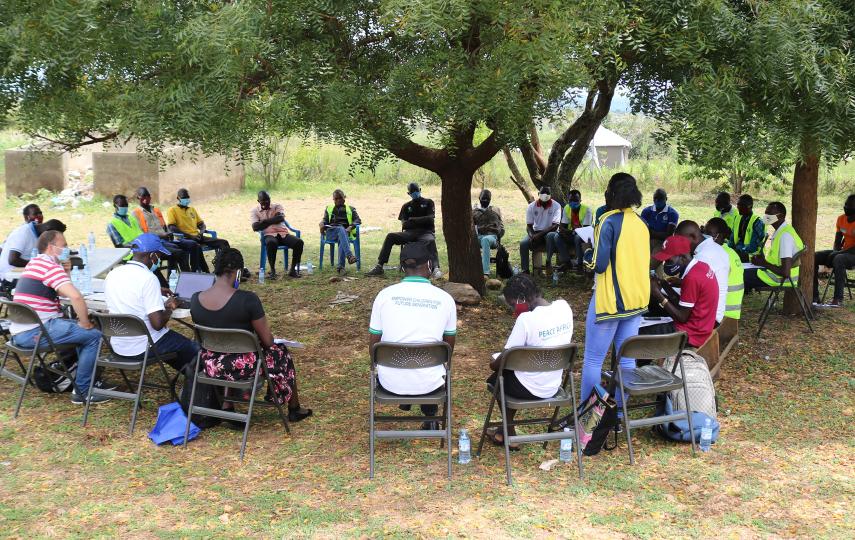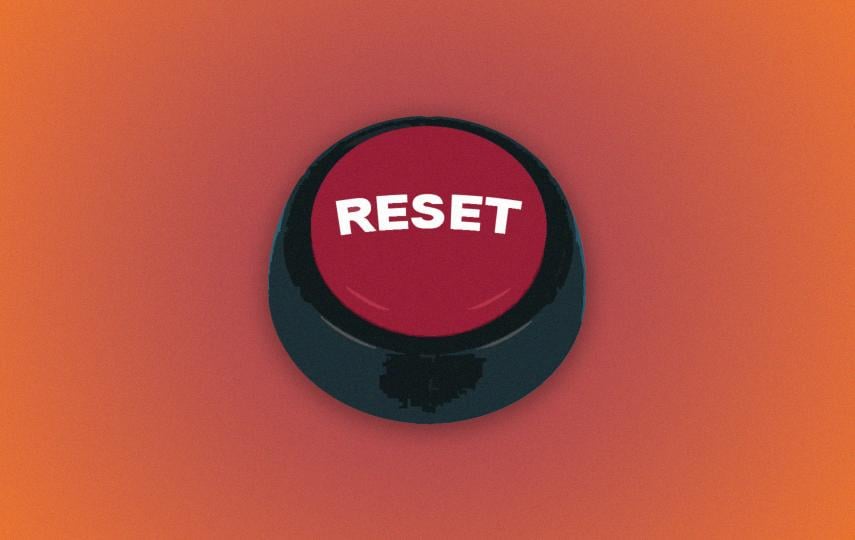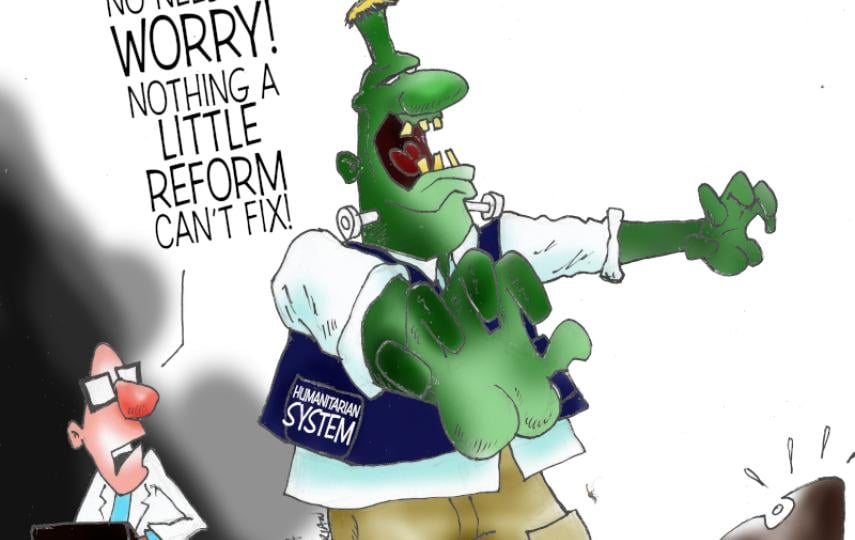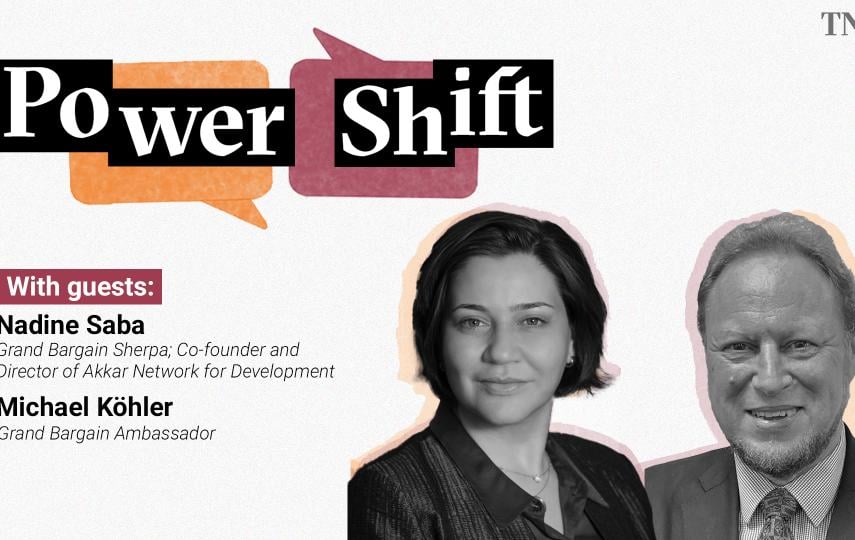I have worked in development and social justice for decades, and I have seen how aid can be a powerful tool to redistribute resources in ways that help to address poverty and injustice.
But a worrying trend is intensifying: Rich countries are only providing aid that advances their own trade and security interests.
The abrupt and life-threatening cuts to US aid are just the latest example – as are dramatic reductions to aid budgets for the United Kingdom and likely the European Union.
Many countries also spend aid to cover the costs of supporting migrants and refugees in their own countries, contradicting the main objective of foreign aid.
There is a clear role for aid when it is consistently used with the principles of aid effectiveness – which centres local ownership, national institutions and systems, and mutual accountability. But in truth, this is rare and becoming even rarer, as the vested interests of donors become the driving agenda.
We need a revival of how we approach aid. The aid system is not doing enough to correct historical wrongs, or to dismantle poverty and inequality.
It’s time for the Global South to regain control. Aid must move towards justice – and away from charity. This can’t be done unless the twin issues of debt and taxes – which keep countries locked in a state of crisis – are addressed.
Why debt and taxes are key
Declining aid is happening at the same time as a growing debt emergency: 54 countries are in a debt crisis, forced to cut public spending to pay down debt.
Faced with this twin catastrophe, countries across the Global South will need to find their own sustainable solutions to finance development. Mobilising their own national resources through ambitious, progressive, gender-responsive, and climate sensitive tax reforms is essential. Resisting pressures from global institutions like the International Monetary Fund (IMF) to cut public spending is equally important. It is time to reprioritise investment in public services and to increase national accountability over all public spending.
It is time for countries in the Global South to shift the framing of the global debate and to demand rich countries pay reparations for historic injustices – including for the transatlantic slave trade, colonisation, and climate debt.
Most crucially, it is time for countries across the Global South to demand debt cancellation. Three quarters of all lower-income countries are spending more on servicing their debts than they spend on health. Countries need to come together to also raise their voices for bolder international reforms, creating a UN Framework Convention on Debt that can replace the colonial financing architecture that is perpetuating cycles of debt and dependency. The IMF was created 80 years ago, before any country in Africa was independent, and is no longer fit for purpose to resolve global debt crises.
It is time for countries in the Global South to shift the framing of the global debate and to demand rich countries pay reparations for historic injustices – including for the transatlantic slave trade, colonisation, and climate debt. It is particularly timely to do so in Africa as this year has been declared the African Union Year of Reparations. A key part of this should be countries across the Global South advancing the case for rich countries, who have historic and ongoing responsibilities for polluting the planet, to deliver climate finance to countries that need it on the scale that is owed – through grants not loans.
What supporters in the Global North can do
Aid budgets should be defended, but people should also demand effective uses of that aid. This is why we’re also supporting calls for a new UN Convention on International Development Cooperation, which aims to democratise the concept of development and help move aid away from charity towards justice.
People and governments should support an overhaul of the international financial architecture – especially with a new debt convention. If low-income countries are going to suffer from the sudden disappearance of aid, at least they should not spend large parts of their national revenue on servicing old and often illegitimate debts that arise from an outdated and unfair system.
The most important work is to enable countries in the Global South to seize the space by acting for debt justice, tax justice, and ending austerity.
Citizens of countries in the Global North can also pressure their governments to support rapid progress on a new tax convention – which many EU governments are currently blocking. Aid-dependent countries must be able to replace the lost aid by expanding their own tax revenue – but this is harder for low-income countries to do until global rules are fairer.
Aid can play a role in advancing global redistribution of resources – whether framed as reparations or premised on true solidarity, where governments and people in wealthy countries take responsibility and give unconditional support.
Many citizens of wealthy countries have a deep sense of wanting to help those living in poverty and facing injustice in other parts of the world. People understand the inter-connections between us – living on a small, shared planet – and are committed to help build a fairer global system that puts people before profit.
But the most important work is to enable countries in the Global South to seize the space by acting for debt justice, tax justice, and ending austerity.
Now is the time for people everywhere to step forward to demand the system change that is so urgently needed.





